Herbs: Now And Then
The story of herbs in human life is as old as humans themselves. In this way, the history of herbs also overlaps with the history of food and medicine. In ancient times, humans enjoyed an intimate relationship with plants and depended on them for food, medicine, and supernatural connection. With time and observation, they discovered the immense healing power of herbs and incorporated them in their daily life. Almost every culture had its own herbal remedies, but three major healing systems - Ayurveda, Traditional Chinese Medicine, and Traditional European Medicine contribute most to humankind's knowledge and relationship with herbs.
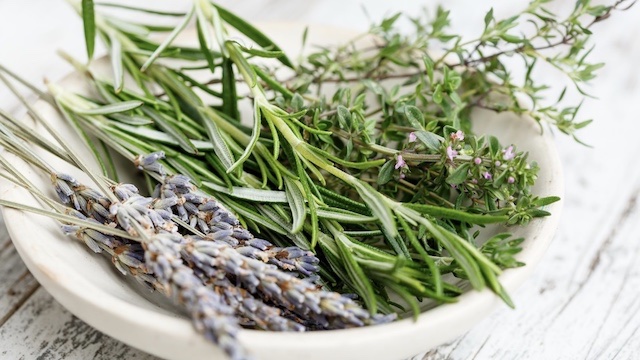
In Ayurveda, which dates back to almost 5000 years, numerous herbs and spices were extensively used as a part of daily life to prevent many lifestyle and chronic diseases. In China, leaves of tea and lemongrass were boiled in a pot and drunk to cure fever. It was even named fever tea. Cleopatra used a range of herbs from her garden and is believed to have started the use of many herbs for natural skincare. Mummies were preserved using a paste of herbs and different oils, which are found even today, showing what preservatives they were! Father of medicine Hippocrates of Greece listed around 400 herbs for medicinal and common uses, back in the 5th century BCE. Until the 19th century, when modern advanced medicine came into the picture, herbal medicines were used to treat a range of ailments around the world. Even today, the traditional medicine system of Ayurveda is treated on par with mainstream medicine in India.
Although we enjoy a long relationship with plants, our relationship with them changed with every passing century. Modern scientific investigations have revealed amazing facts about herbs and their capabilities, and the scientific community is taking an active interest in exploring ancient beliefs associated with them.
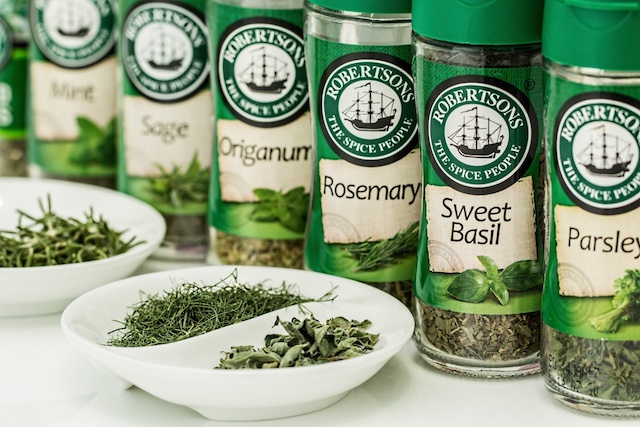
How Do People Use Herbs In Modern Life
Culinary uses: Traditional cuisine of all cultures use copious amounts of herbs and spices. Thyme, oregano, cilantro, rosemary are well-known and popularly used for taste enhancement as well as for treating common colds, digestive ailments, and fever. Sage tea is widely consumed after meals in China. Turmeric, cloves, cinnamon, garlic, ginger, black pepper are used in every Indian meal. Parsley is chewed after meals for its cleansing properties and digestive benefits.
Medicinal uses:
Most herbs are used to promote the smooth running of bodily functions and checking diabetes, cardiovascular disorders, obesity, chronic stress, and other lifestyle diseases. Chamomile, sage, ginseng, basil are frequently used to treat common complaints. Many ayurvedic herbs such as amla, Guggulu, moringa, arjuna, turmeric have been shown as a potential candidate for the prevention of cancer. Numerous studies confirm the effectiveness of Brahmi, ashwagandha, turmeric in preventing neurological disorders like amnesia, Alzheimer’s, and Parkinson’s disease.
Herbal extracts:
These are FDA approved specific components derived from herbs and plants. These include liquid extracts, powder extracts, liposomal blends, and essential oils. While eating whole herbs is a much safer alternative, herbal extracts target a specific requirement of the body for a short time. These are very concentrated and potent, hence prove effective in most cases. Herbal extracts are remedial in nature. You want to take them after the manifestation of a disease, and discontinue their use after recovery.
Cosmetics:
Herbs and essential oils find their way into the cosmetic industry due to their emollient, acne prevention, anti-inflammatory, antiaging properties, and various other hair and skin benefits. Also, many women prefer herbs and their extracts for natural care and use them directly or in DIY recipes.
No one can deny the importance of modern medicine in improving the quality of human life. Herbs, nonetheless , still reserve an important place in our consciousness and find numerous uses in preventive self-care.
, still reserve an important place in our consciousness and find numerous uses in preventive self-care.
updates?
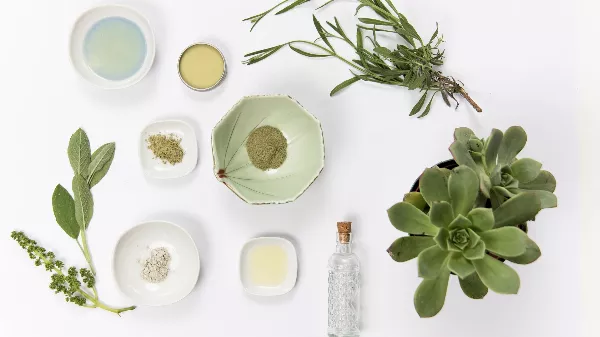


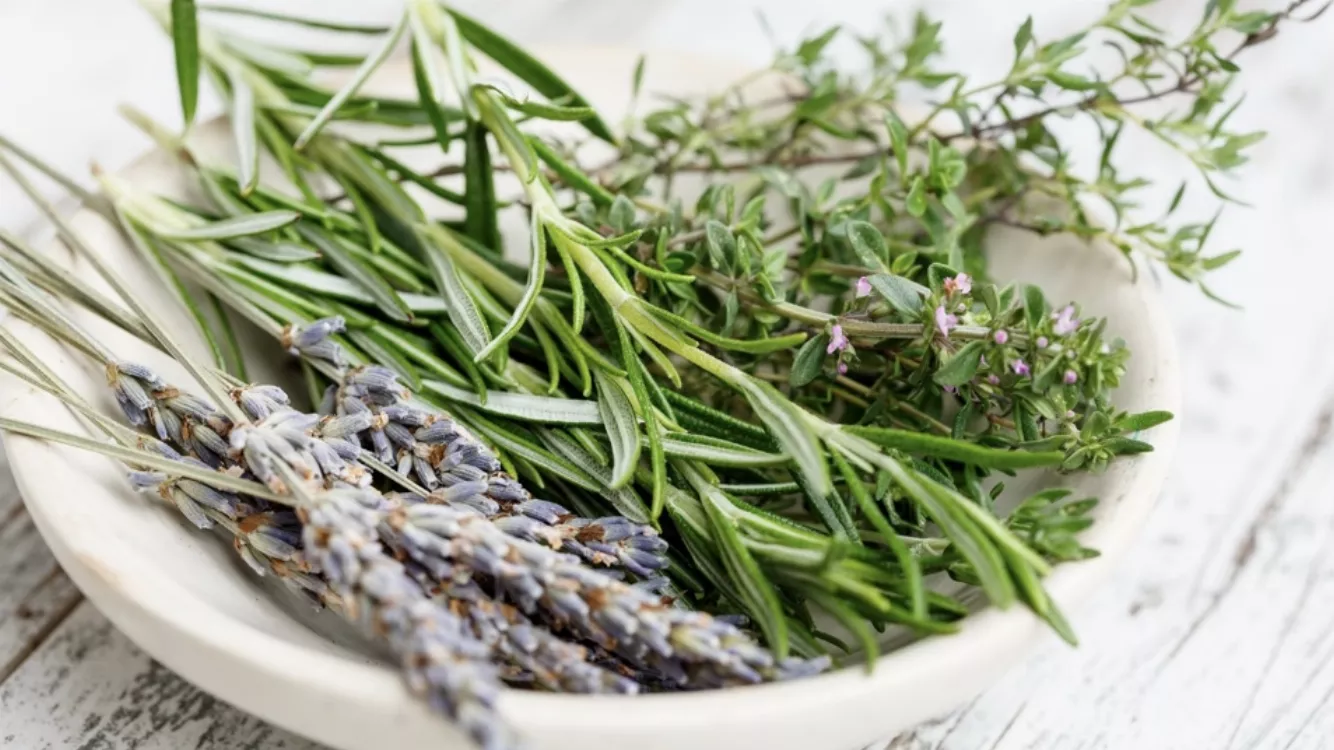

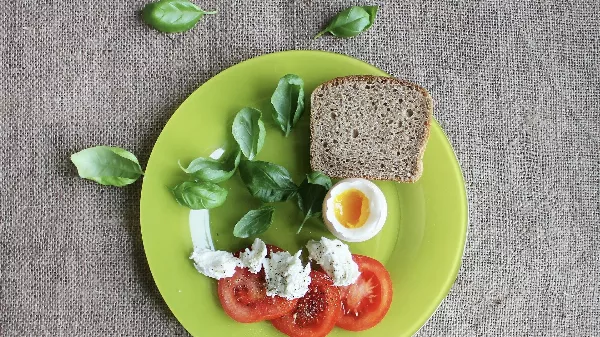
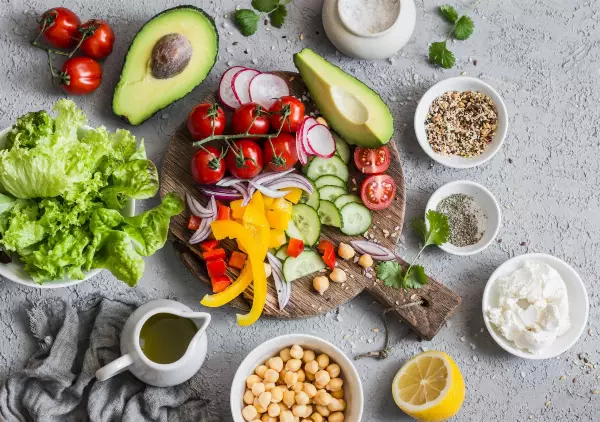
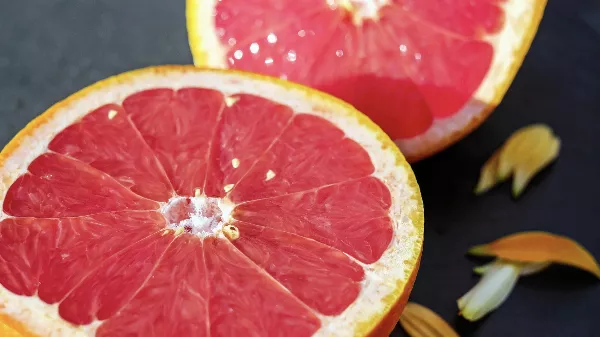
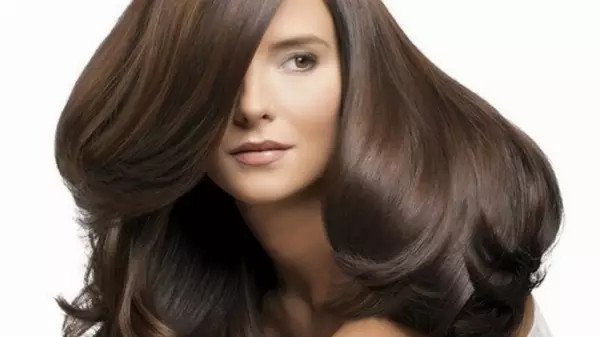

0